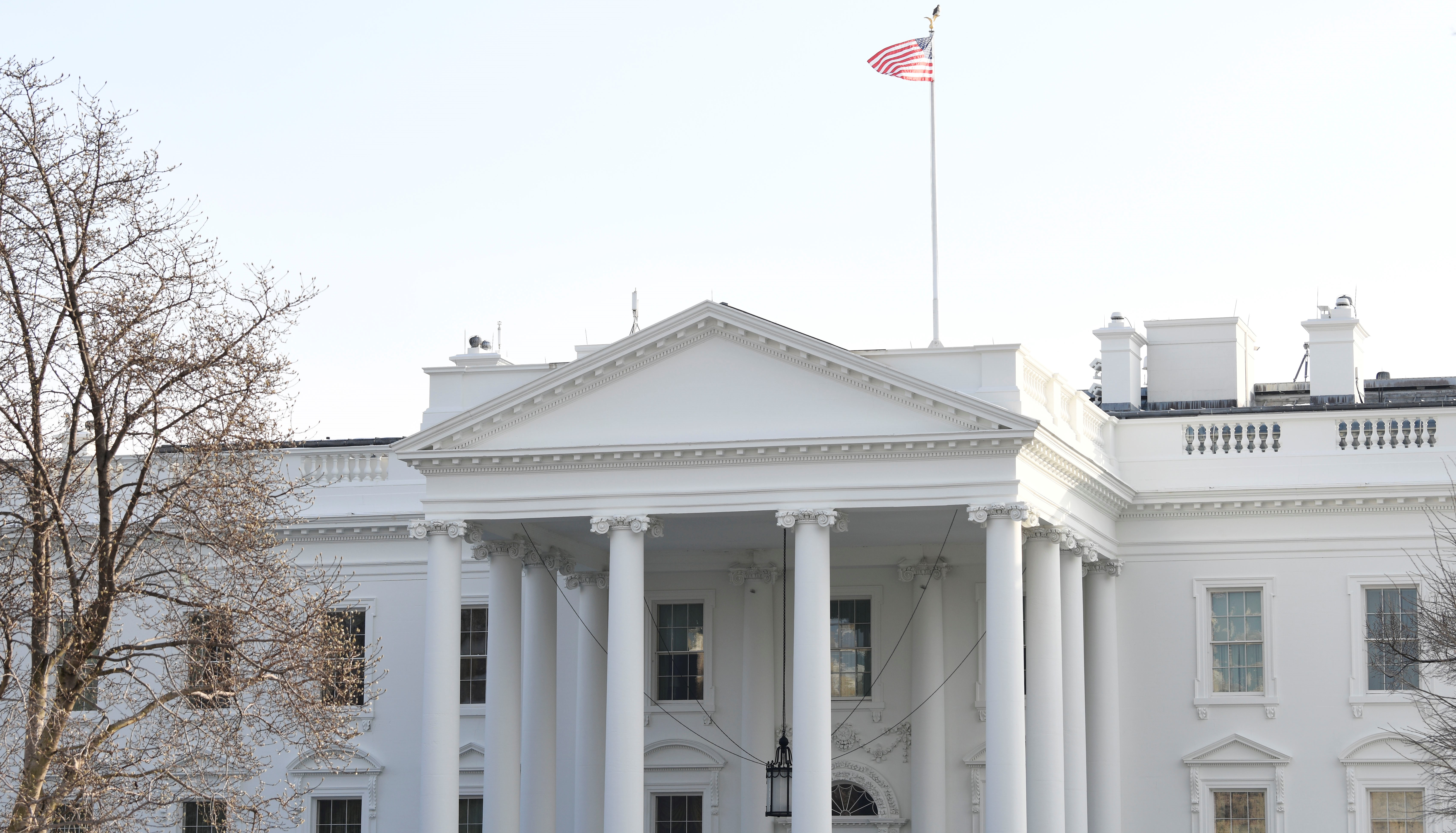House debates Uighur bill demanding sanctions on senior Chinese officials

- Country:
- United States
The U.S. House of Representatives on Tuesday debated a bill that would require the Trump administration to toughen its response to China's crackdown on its Muslim minority, demanding sanctions on senior Chinese officials and export bans.
The Uighur Act of 2019 is a stronger version of a bill that angered Beijing when it passed the Senate in September and calls on President Donald Trump to impose sanctions for the first time on a member of China's powerful politburo, even as he seeks a deal with Beijing to end a damaging trade war buffeting the global economy. The bill, which the House could vote on as early as Tuesday evening, would require the U.S. president to condemn abuses against Muslims and call for the closure of mass detention camps in the northwestern region of Xinjiang.
It also calls for sanctions against senior Chinese officials who it says are responsible and specifically names Xinjiang Communist Party Secretary Chen Quanguo, who, as a politburo member, is in the upper echelons of China's leadership. China has consistently denied any mistreatment of Uighurs and says the camps are providing vocational training. It has warned of retaliation "in proportion" if Chen were targeted.
Even if passed by the House, the bill would have to be approved again by the Senate before being sent to Trump. The White House has yet to say whether Trump would sign or veto the bill, which contains a provision allowing the president to waive sanctions if he determines this to be in the national interest. On Tuesday, the editor-in-chief of China's Global Times newspaper, Hu Xijin, said China might ban all U.S. diplomatic passport holders from entering Xinjiang and that Beijing was also considering visa restrictions on U.S. officials and lawmakers with "odious performance" on the Xinjiang issue.
The House debate comes days after Trump angered Beijing by signing into law congressional legislation passed last week supporting anti-government protesters in Hong Kong. China responded to that on Monday by saying that U.S. military ships and aircraft would not be allowed to visit Hong Kong, and announced sanctions against several U.S. non-government organizations.
Analysts say China's reaction to the passage of the Uighur bill could be stronger, though some doubted it would go so far as imposing visa bans on the likes of Secretary of State Mike Pompeo, a strong critic of China's Xinjiang policies who has been repeatedly denounced by Beijing.
(This story has not been edited by Devdiscourse staff and is auto-generated from a syndicated feed.)










